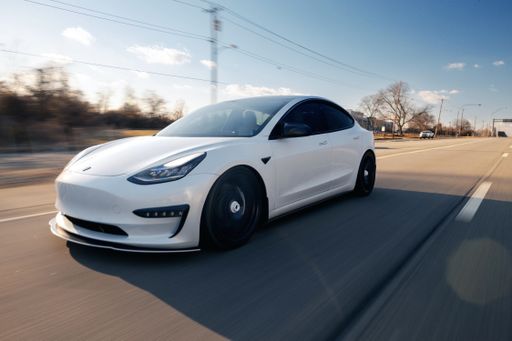No one wants to buy used EVs and they're piling up in weed-infested graveyards
The shift away from cars with dirty combustion engines is running into a new hurdle: Drivers don’t want to buy used electric vehicles, and that’s undermining the market for new ones, too.

Buyers are shunning used EVs
In the secondhand market, prices for battery-powered cars are falling faster than for their combustion-engine counterparts. Buyers are avoiding used EVs due to a lack of subsidies, a desire to wait for better technology, and inadequate charging infrastructure.
Tesla's aggressive price war and the intense competition from Chinese models have further depressed the values of new and used EVs, causing financial concerns for companies like Volkswagen and Stellantis.
The depreciation of secondhand EVs has led automakers and dealers in Europe to raise borrowing costs to recover their losses, resulting in reduced demand and impacting markets that were leaders in transitioning away from fossil fuels. Rental firms, one of the largest buyers of new cars, are cutting back on EV adoption due to high resale losses.
Impending problems in the secondhand market
As the leases for the 1.2 million EVs sold in Europe in 2021 expire next year, the secondhand market is expected to face even more challenges. How companies address these problems will be crucial for their financial performance, consumer confidence, and the achievement of decarbonization goals.
Toyota's chief operating officer in Europe, Matt Harrison, states that the lack of demand for used EVs is negatively affecting the cost-of-ownership story, indicating a significant hurdle for the EV market.
While companies can redirect EVs to mobility services and ride-sharing startups, the demand from these businesses is limited. On the other hand, Africa, where many combustion cars end up, is largely inaccessible to EVs due to the lack of charging infrastructure.
Lessons from China and future concerns
China's experience serves as a cautionary tale. Subsidies helped the country become a leader in EV adoption but also resulted in abandoned battery-powered vehicles. Similar issues in Europe or the US could potentially lead to calls for reduced industry support, especially with upcoming elections in 2024.
Early this year, Tesla's aggressive price cuts triggered a price war among manufacturers, impacting profitability and causing significant losses. Secondhand EV prices have dropped by around a third compared to just a 5% decline in the overall used car market.
The valuation of secondhand EVs poses challenges as there are no widely-used tests to determine battery quality. However, certain EV models have performed well in the secondhand market due to their brand reputation, technological advancements, and regular software updates.


